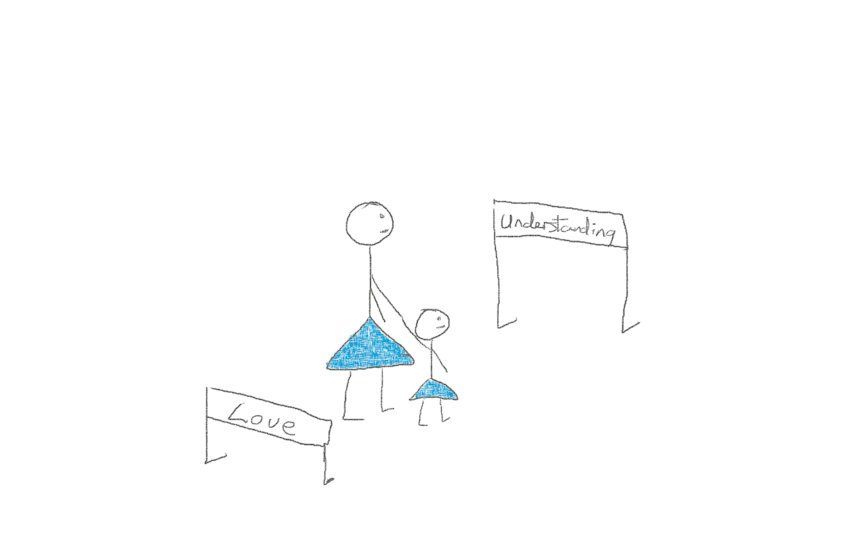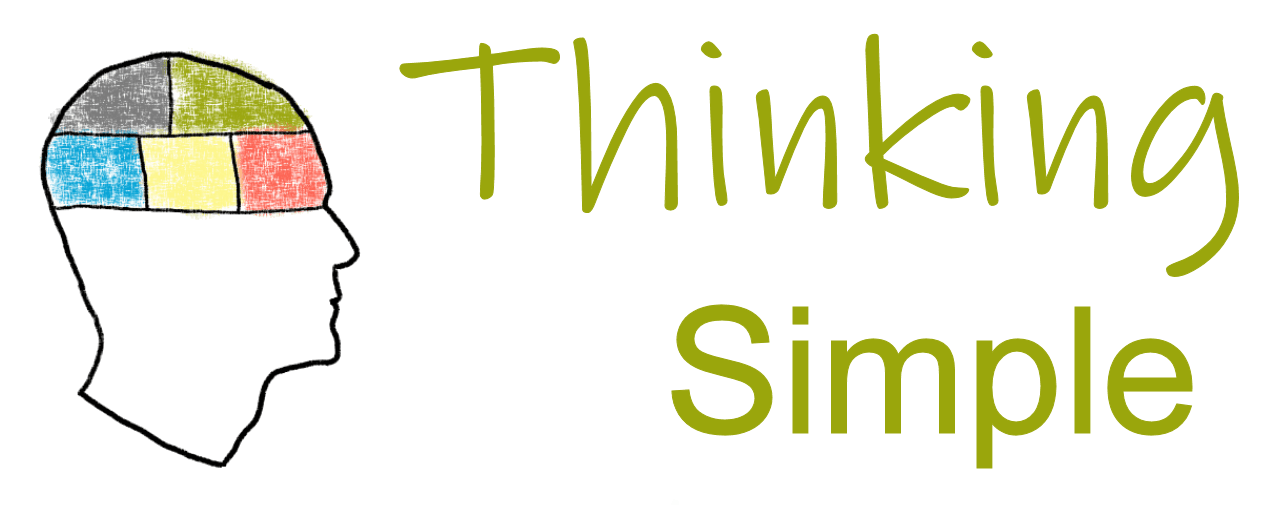
Go Beyond Love To Genuine Understanding
At the heart of much broken parenting is the very concept of 'children'. The word seems to give parents permission to behave in almost unthinkable ways.
Replace it with the word 'people' and you are already on the road to respectful parenting.
Key Points:
- There are three steps to respectful parenting:
- It starts with our frame of reference - we need to remember that children are people too, with all the rights that that entails
- Next, we need to minimise overt controlling interventions - to establish a world of invisible boundaries where our children feel free to be themselves
- Finally, we need to go beyond love, even unconditional love, to something much more difficult, genuine understanding and appreciation
- Above all, being a respectful parent is about learning to control ourselves more and understand our children better
To truly respect someone you need to appreciate them for who they are, not who you want them to be.
This goes way beyond love, even unconditional love, which can be felt regardless of the level of true appreciation.
It is a fundamental paradox of human nature that we like to think of ourselves as unique and yet wish that everyone else thought like we do.
This paradox can play out even more strongly when it is our own offspring that are concerned.
The reality is that our children are not us. They do not think like us, or feel like us. They do not have the same preferences, or way of seeing the world. They do not have our strengths, or our weaknesses.
To be truly respectful parents we need to go beyond love. We need to go beyond treating our children as we would like to be treated. We need to treat them as they would wish to be treated.
We need to listen and understand.

Go beyond love to genuine understanding
Yet, most of us do not really understand ourselves, so how can we learn to genuinely understand and appreciate someone else?
The short answer is we can't. Not fully. But, we can try.
In general, we learn to understand others by comparison to ourselves. By gaining a deeper understanding of our own preferences we are more likely to spot where others are different. There are many tools out there that can help this process and I will talk more about them in some of the related articles.
Understanding differences is one thing, learning to appreciate them is another thing altogether. It's something everyone struggles with to some degree.
However, there is a way of doing it. In my experience focusing on strengths is the key to unlocking appreciation.
Deepening your understanding and appreciation of your children will stem from two related concepts:
- tolerance for their weaknesses, especially where you are naturally strong
- and, a genuine wonder and appreciation for the strengths they have that you don't share
Tolerance and appreciation take time, recognition is a good starting point, so make a list of strengths you don't share and keep adding to it each time you recognise a new one. Remember, although understanding all strengths is important, it is primarily the strengths you don't share that will start you on your journey to greater understanding and appreciation.
Once you've made a start you can learn more about how to deepen your understanding of who you are and how you differ.
Good luck!
If we can find the strengths in our children we can learn to appreciate their differences and support them to become the best they can be.
Created 26/09/2018
Last Updated 19/01/2019

